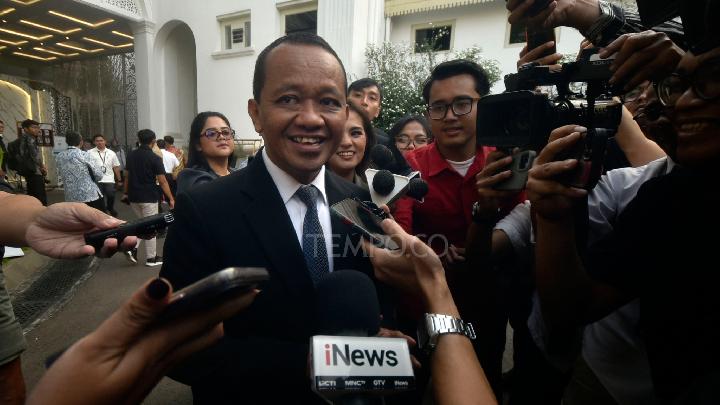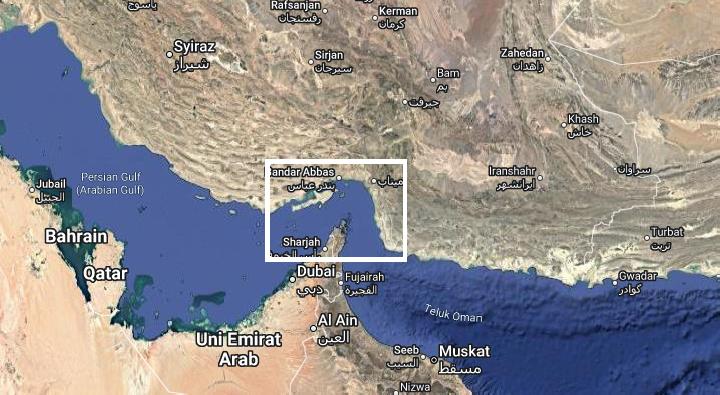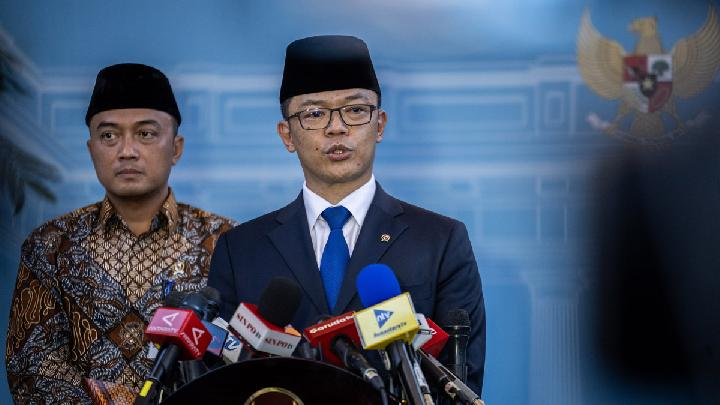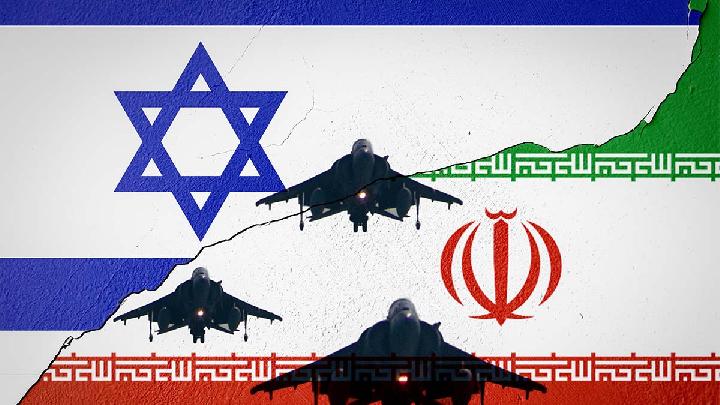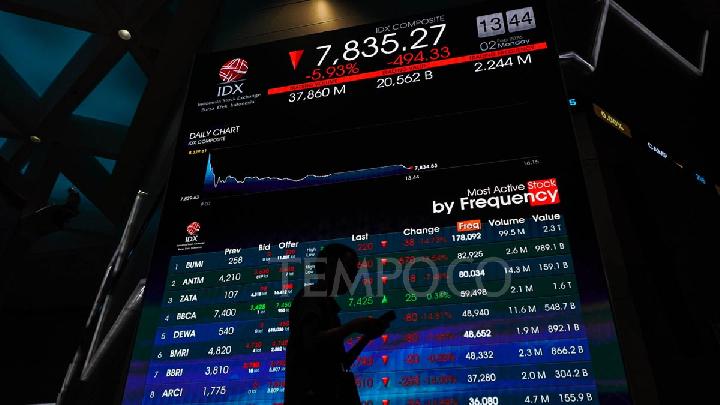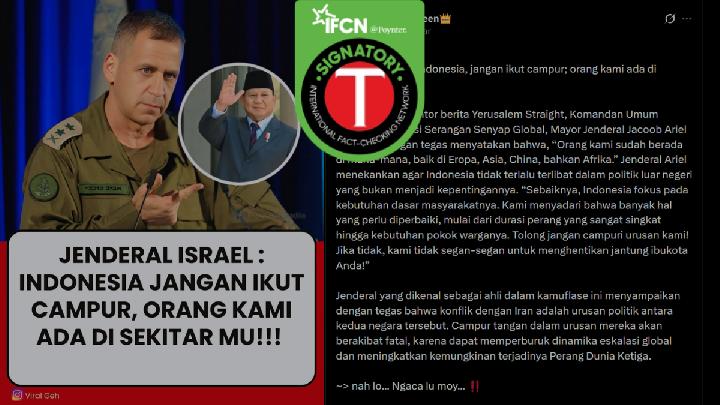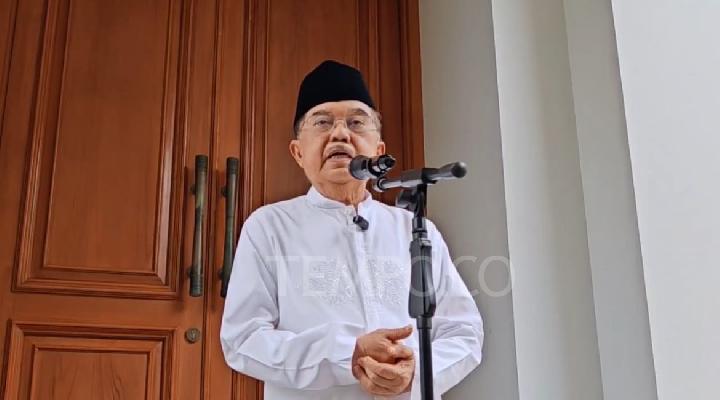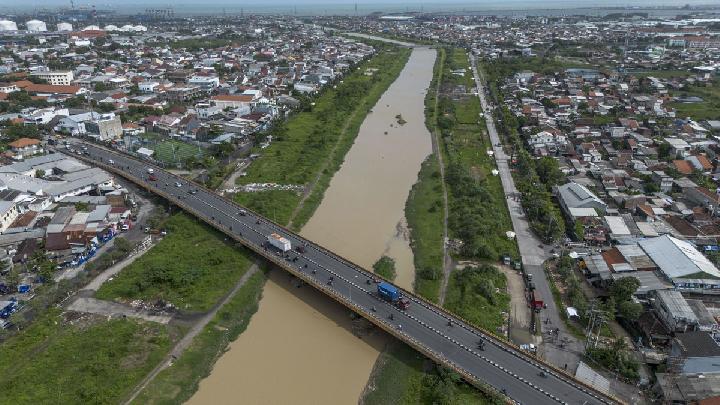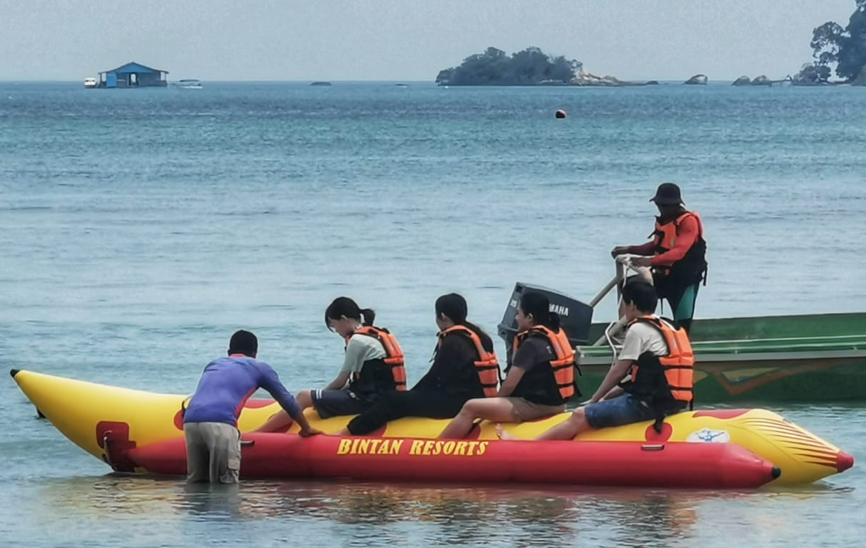TEMPO.CO, Jakarta - The call for a ceasefire in Gaza echoes from various parts of the world. According to the report by NBC News, the United States on Thursday, September 18, once again vetoed a United Nations Security Council resolution demanding a permanent ceasefire and the release of hostages. Fourteen other UNSC members backed the resolution and urged Israel to lift all restrictions on aid to nearly 2.1 million Palestinians.
After nearly two years of Israel's genocidal war over the Palestinian enclave, more and more world figures are speaking out. According to the Times of India, several world stars, including Billie Eilish, Cillian Murphy, Joaquin Phoenix, and Brian Cox, joined the "Together for Palestine" campaign. A one-minute video was released on September 17, a day before a charity concert was held at the OVO Arena, London. The video features actors, musicians, comedians, poets, and writers calling for an end to violence in Gaza and the West Bank.
According to the report by Arab News, the boycott movement against Israel, namely the Boycott, Divestment, and Sanctions (BDS), is also increasingly affecting the world's perception of Israel. Israel ranks at the bottom in the Nation Brands Index 2024, a survey of 40,000 respondents in 70 countries. However, amid this situation, has the world ever succeeded in stopping genocide?
Holocaust: The Origin of the Term Genocide
The term "genocide" emerged after World War II. According to the United Nations (UN) records, the term was first introduced in 1944 by a Polish legal expert, Raphael Lemkin, through his book Axis Rule in Occupied Europe. The term originated from the Greek word genos (race or tribe) and the Latin suffix -cide (killing), which he used to name a crime that previously had no term.
Lemkin created the term in response to the systematic annihilation of the Jewish people under the Nazi regime during the Holocaust, while also highlighting other historical events where specific groups were deliberately exterminated. Genocide was then recognized and codified as an international crime, which was eventually enshrined in the UN Convention on the Prevention and Punishment of the Crime of Genocide in 1948.
The Holocaust did not end through negotiation, according to The Holocaust Explained, the Holocaust ended with the military defeat of Nazi Germany and its allies in Europe on May 8, 1945. An estimated six million Jews, around three million Soviet prisoners of war, and up to 500,000 Romani people were killed. About 70,000 people with disabilities were also killed, as well as other groups such as Jehovah's Witnesses, political prisoners, and homosexuals.
From that tragedy came the Nuremberg Trials and the UN Convention on the Prevention and Punishment of the Crime of Genocide in 1948. As reported by UN News, the convention became the first human rights treaty adopted by the UN General Assembly. This instrument defined genocide and obligated 153 ratifying countries to prevent and punish genocide perpetrators.
The Genocide by the Khmer Rouge in Cambodia
The presence of legal instruments in 1948 did not stop the next genocide tragedy. According to United States Holocaust Memorial Museum records, the Khmer Rouge regime under Pol Pot (1975-1979) killed up to two million people. Under the pretext of building a classless agrarian society, millions of people were forced out of the cities, made to work in the fields, and forced to live in labor camps.
Religion, culture, and forms of expression were banned. Families were separated and children were put into work brigades. This genocide ended after Vietnam invaded Cambodia in 1979 and overthrew the Pol Pot regime.
But justice moved slowly. Nearly three decades passed before a special court was formed. In January 2001, the Cambodian government newly formed the Khmer Rouge Tribunal to try Khmer Rouge leaders. The trial of the Cambodian genocide was only held in 2009, but only a handful of people were sentenced. Kaing Guek Eav, the head of S21 prison, was sentenced to life imprisonment, while most of the Khmer Rouge elite escaped the law.
The Genocide of the Tutsis in Rwanda
Rwanda serves as an example of the international world's failure to respond to genocide. According to Human Rights Watch report, the genocide started after President Juvenal Habyarimana was killed on April 6, 1994 when his plane was shot down in Kigali. More than 800,000 Tutsi and moderate Hutu were killed in 100 days. Sexual violence was also committed, with about 250,000 women being victims of rape.
Despite warnings from activists, UN staff, and diplomats, the world did not act. UN peacekeeping forces were withdrawn. France and Belgium even sent troops not to protect Rwandan citizens, but to evacuate their own citizens.
The genocide only stopped after the Rwanda Patriotic Front (RPF) led by Paul Kagame captured Kigali and overthrew the extremist Hutu regime on July 4, 1994. After that, the International Criminal Tribunal for Rwanda (ICTR) was established in Arusha, Tanzania.
The Genocide of the Herero and Nama in Namibia
Long before the Holocaust, history records genocide in Southwest Africa. According to Al Jazeera, between 1904 and 1908, the German colonial government under the command of Lothar von Trotha exterminated the Herero and Nama tribes in Namibia. 60,000 Herero and 10,000 Nama were killed; some were forced into the desert, while others were sent to concentration camps.
Hundreds of victims' skulls were even sent to Germany for "scientific experiments" to prove racial theories. Germany only apologized in 2021 and promised over 1 billion euros in development funds for the descendants of the victims.
The Maji Maji Rebellion
Another genocide occurred in East Africa, in the Maji Maji Rebellion in what is now known as Tanzania. As reported by Al Jazeera, this rebellion broke out in 1905 due to the German colonial policy that forced the local population to plant cotton for export. This policy caused widespread suffering by disrupting the traditional farming patterns that had been sustaining the local food needs.
People who refused to work on the colonial plantations were suppressed. Then the oppression sparked a large-scale resistance. The Maji Maji Rebellion united various ethnic groups in the area. However, the German response was brutal. They implemented a scorched-earth strategy. Villages were burned, food fields were destroyed, and people were killed en masse.
Around 300,000 people died from direct executions, famine, and disease. An apology was only offered in 2023, when German President Frank-Walter Steinmeier visited Songea, Tanzania.
Editor’s Choice: Bernie Sanders Becomes First US Senator to Call Israel's Gaza Offensive Genocide
Click here to get the latest news updates from Tempo on Google News

